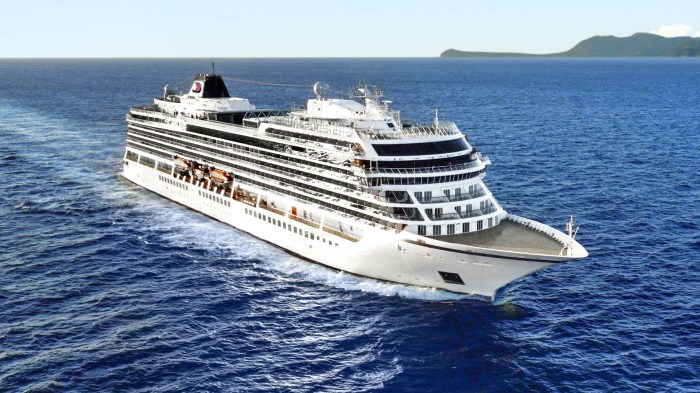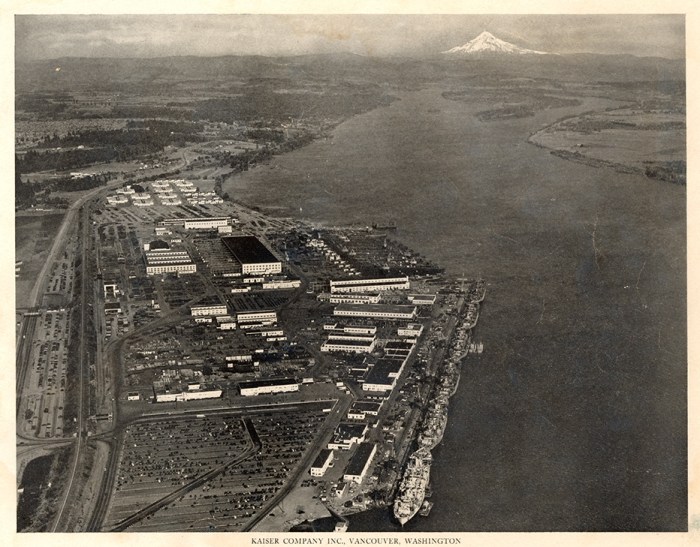Kaiser declares open season on ships date – Kaiser’s declaration of open season on ships marked a turning point in maritime history, unleashing a torrent of consequences that reverberated across the globe. This pivotal event, fraught with geopolitical intrigue and military strategy, left an indelible imprint on international relations and the conduct of warfare at sea.
The declaration, issued on February 1, 1917, authorized German U-boats to sink any Allied merchant vessel on sight, regardless of its cargo or destination. This audacious move escalated the conflict to unprecedented levels, threatening to sever vital supply lines and plunge the world into further chaos.
Historical Context: Kaiser Declares Open Season On Ships Date
Kaiser Wilhelm II’s declaration of open season on ships was a significant event in World War I. It marked a major escalation of the conflict and had far-reaching consequences for the global shipping industry and international relations.
Timeline of Events
- July 19, 1915: The German government issues a warning to neutral ships that they will be at risk of attack if they enter the waters around Great Britain and Ireland.
- February 4, 1915: Germany declares an unrestricted submarine warfare zone around Great Britain and Ireland, meaning that any ships, including civilian vessels, could be targeted without warning.
- February 17, 1915: The German U-boat U-20 sinks the British passenger liner RMS Lusitania, killing over 1,200 people.
Geopolitical Factors
Kaiser Wilhelm II’s decision to declare open season on ships was influenced by several geopolitical factors, including:
- Germany’s desire to break the British naval blockade, which was strangling the German economy.
- The belief that unrestricted submarine warfare would force Britain to sue for peace.
- The growing frustration with the slow pace of the war on the Western Front.
Impact on Shipping Industry

The declaration of open season on ships had an immediate and devastating impact on the shipping industry.
Immediate Impact
- A sharp decline in shipping traffic to and from Great Britain and Ireland.
- Increased insurance rates for ships sailing in the war zone.
- The loss of thousands of merchant ships and sailors.
Long-Term Consequences
The long-term consequences of the declaration were equally severe.
- The disruption of global trade and commerce.
- The rise of the United States as a major naval power.
- The development of new anti-submarine technologies.
Affected Shipping Companies
Some of the shipping companies that were particularly hard hit by the declaration of open season on ships include:
- Cunard Line
- White Star Line
- Hamburg America Line
Legal and Ethical Implications
The declaration of open season on ships raised a number of legal and ethical issues.
Legal Implications
- The declaration violated international law, which prohibited the targeting of civilian vessels.
- The German government argued that the declaration was justified by the need to break the British blockade.
- The sinking of the Lusitania led to a diplomatic crisis between Germany and the United States.
Ethical Considerations
The declaration also raised a number of ethical concerns.
- The targeting of civilian vessels was seen as a violation of basic human rights.
- The declaration made it difficult for neutral countries to remain impartial in the war.
- The sinking of the Lusitania led to a public outcry and increased support for the Allied cause.
Comparative Analysis of International Laws
The declaration of open season on ships highlighted the need for a clear and comprehensive set of international laws governing maritime warfare.
- The Hague Conventions of 1899 and 1907 attempted to regulate the conduct of naval warfare.
- However, these conventions were not always followed in practice.
- The sinking of the Lusitania led to the development of new international laws, such as the Sussex Pledge, which prohibited the targeting of passenger ships.
Military Strategy and Tactics

The declaration of open season on ships was part of a larger German military strategy to win World War I.
Military Strategy
- The German High Command believed that unrestricted submarine warfare would force Britain to sue for peace.
- The U-boat campaign was intended to disrupt British shipping and starve the country of food and supplies.
- The Germans also hoped that the U-boat campaign would draw the United States into the war on their side.
Effectiveness of the U-boat Campaign
The U-boat campaign was initially successful in disrupting British shipping.
- In 1917, German U-boats sank over 600 British merchant ships.
- However, the British developed new anti-submarine technologies, such as depth charges and sonar.
- The Allied convoy system also made it more difficult for U-boats to attack ships.
Technological Advancements
The U-boat campaign led to a number of technological advancements, including:
- The development of new types of submarines, such as the U-boat Type IX.
- The use of new weapons, such as torpedoes and mines.
- The development of new anti-submarine technologies, such as depth charges and sonar.
Public and Political Reactions

The declaration of open season on ships had a significant impact on public opinion and international relations.
Public Reaction
- The sinking of the Lusitania caused a public outcry in the United States and other neutral countries.
- The German government’s decision to target civilian vessels was widely condemned.
- The U-boat campaign led to increased support for the Allied cause.
Political Consequences
The declaration of open season on ships also had a number of political consequences.
- The sinking of the Lusitania led to a diplomatic crisis between Germany and the United States.
- The U-boat campaign contributed to the United States’ decision to enter World War I on the side of the Allies.
- The declaration of open season on ships also damaged Germany’s reputation in the international community.
Diplomatic Protests and International Condemnations, Kaiser declares open season on ships date
The declaration of open season on ships was met with widespread diplomatic protests and international condemnations.
- The United States, Britain, and other neutral countries protested the German government’s decision to target civilian vessels.
- The sinking of the Lusitania led to a diplomatic crisis between Germany and the United States.
- The U-boat campaign also contributed to the international isolation of Germany.
Helpful Answers
What was the significance of Kaiser’s declaration of open season on ships?
The declaration marked a significant escalation in World War I, authorizing German U-boats to sink Allied merchant vessels without warning, regardless of their cargo or destination.
What were the immediate consequences of the declaration?
The declaration had a devastating impact on Allied shipping, disrupting trade, isolating nations, and exacerbating wartime shortages.
What were the long-term implications of the declaration?
The declaration strained diplomatic relations, fueled anti-German sentiment, and contributed to the development of new anti-submarine measures and the evolution of maritime warfare.
